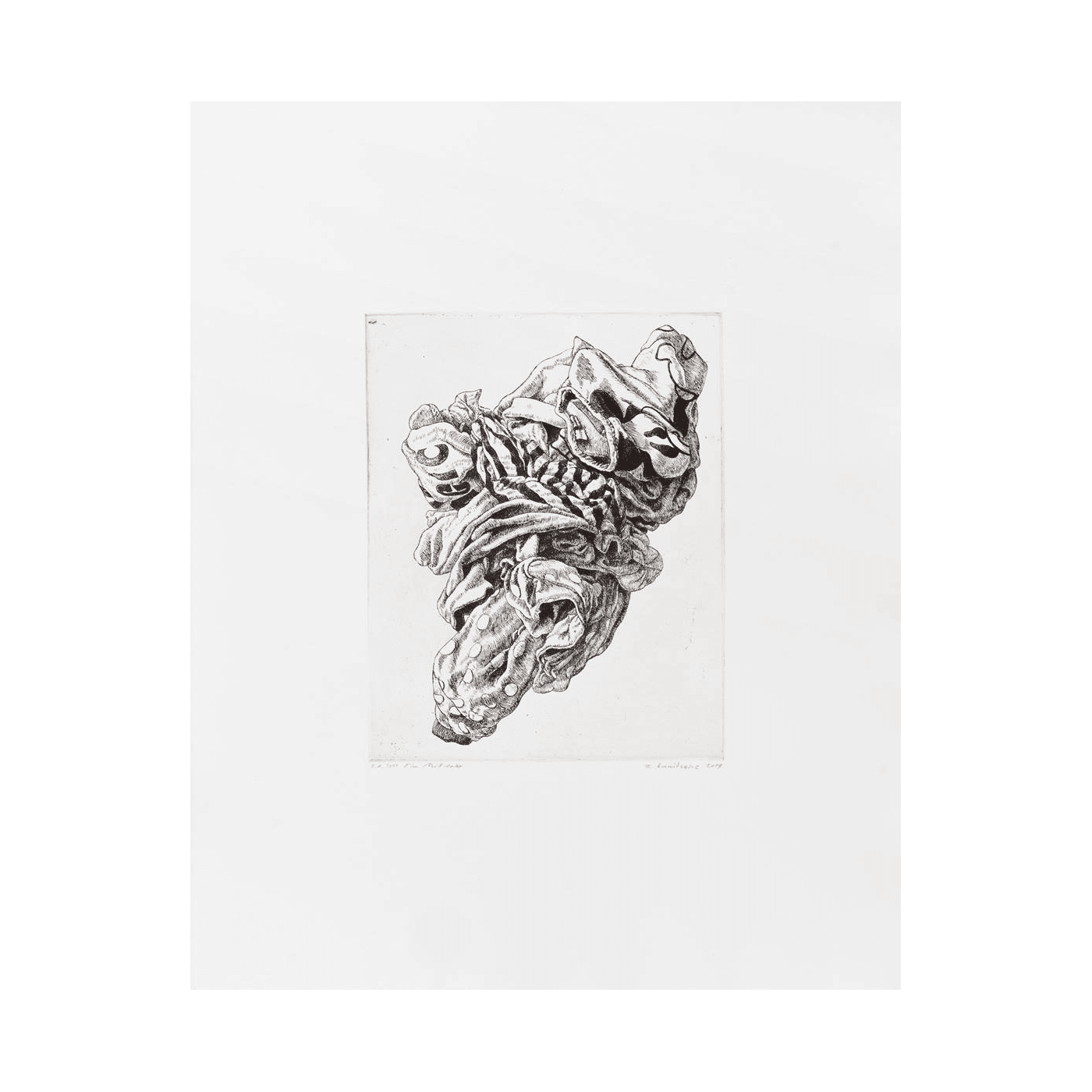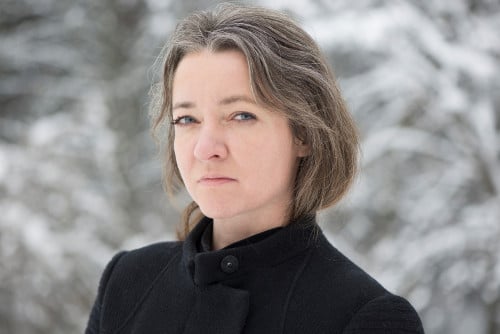Alina Kunitsyna
Ein Millionär, 2019
Alina Kunitsyna
(born 1981 in Minsk, Belarus)
Ein Millionär, 2019, for the art in print series women II
Etching from one plate, coloured by hand, printed on Zerkall Alt Mainz Matt 300 g by Rudolf Hörschläger, Werkstatt Uferstöckl, Wallsee, Lower Austria
Edition of 33 + 5 AP + 2 EP + 2 PP
Signed, dated, titled and numbered by the artist
Plate size : 25 x 20 cm
Paper size : 50 x 40 cm
Alina Kunitsyna
1981 // born in Minsk, lives and works in Damtschach, Carinthia and Vienna
2003-07 //degree course at the Academy of Fine Arts
2000-02 // University of Art and Design, Linz
1995-98 // Lycée of Art, Minsk (Belarus)
Awards
2014 // Kapsch Art Award
2011 // Volksbank Art Award, Klagenfurt
2009 // Art Award from the State of Carinthia
2007 // Award for Digital Art, Academy of Fine Arts
2005 // BACA Art Award // Numerous exhibitions in Austria and abroad
About the artist
Fabric and folds are recurring themes in Alina Kunitsyna’s work, resulting from her angagement with the transcendental in the Freudian interpretation of dreams and the writings of Russian religious philosopher Pavel Florenskijs (1882−1937), who perceived icons as a transition between the earth and the divine world, as also from the study of French psychiatrist and photographer Gaëtan Gatian de Clérambault (1872−1934) who studied women’s passions for fabric. In the theme of folding – of towels, clothes, shoes, etc. – in <Italic>Ein Millionär</Italic>, the artist pursues the question of the body, its presence and absence, of existence and transience, concealing and revealing, commitment, fulfilment and disappointment, appearance and reality.
The casing, the equivalent of a body, generates a sense of mystery, making it possible to envisage in a sufficiently artistic way. The back remains hidden, drapes, furrows, openings avert the gaze and ignite the imagination. Jacques Lacan, himself a student of Clérambault’s, sees in this piece the innate capacity of painting: arousing expectant gazes and allowing gazes directed at the image and coming from the image itself to be sensed. This art of vision and making visible links Clérambault and Lacan. It is rediscovered in the pieces by Alina Kunitsyna, elevating the painting above conventional optical illusion to become a complex network of meaning and reflection.
Christine Wetzlinger-Grundnig (extract from the leaflet text for Alina Kunitsyna’s exhibition. <Italic>Flux-Time</Italic> in the Burgkapelle at the MMKK in Klagenfurt 2018)



